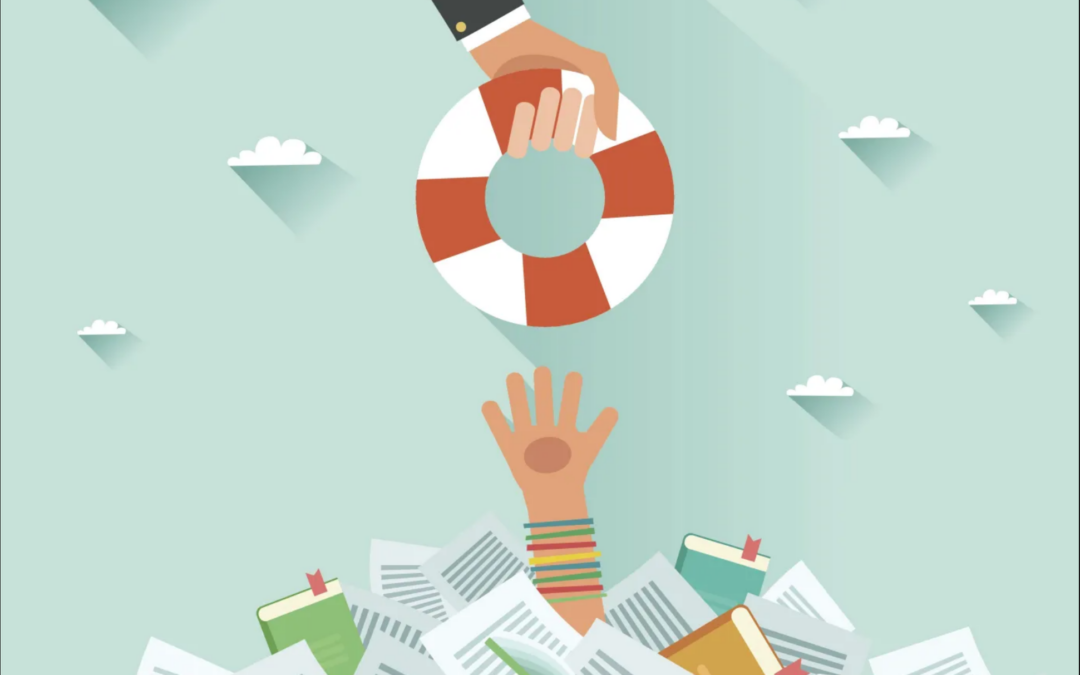Prepare for financial emergencies.
Some life emergencies might have a financial impact. You could become ill, lose your job, or need to make pricey repairs to your car or home. An emergency fund is one of the best methods to deal with unforeseen financial shocks. Ideally, this fund would offer enough funds to pay your essential living expenses, allowing you to avoid incurring debt.
If you haven’t already, now is an excellent opportunity to prepare your finances for an emergency. This can help reduce overall disruption, reduce stress, and put you in a better position to deal with any disaster, whether it’s a family problem, a storm, or a worldwide economic crisis.
Because you never know when an emergency will hit, it’s best to have a strategy to get you through it. Economic downturns will always occur due to the typical bust and boom cycles. Build an emergency fund, make sure your insurance is appropriate, build a budget, and work down debt to prepare. Make a will and appoint a financial and medical power of attorney.
Creating a financial preparedness plan takes time; it’s best to start as soon as possible and update it annually or when your financial circumstances change. The following are some actions to help you improve your family’s financial preparation.
1. Creating an emergency fund to cover three to nine months of costs.
This should be put in savings with the idea that it will not be touched unless an emergency arises. Set away a reasonable portion of your monthly take-home pay to create the fund and set realistic deadlines for goals like “Have three months of expenses set aside within a year and a half.” If you need some leeway, set aside three months of the money for unexpected needs that aren’t quite emergencies and the balance for an actual emergency.
2. Consider opening a separate savings account.
When you have a constant source of income, pay your bills on time, and can save consistently each month, a separate savings account may be the best way to maintain your emergency fund. A separate account will help you see your savings grow and prevent the temptation to spend this critical cash on non-emergencies.
Remember that consistency is essential. If your savings account’s minimum daily balance falls below a predetermined amount or you do not routinely transfer money into that account, you may be charged a monthly service fee. Examine all of your savings account alternatives thoroughly. We’re here to assist you in figuring out which account is best for you and how to keep account fees to a minimum.
3. Consider the many insurance choices available to help protect you from financial emergencies.
Homeowners insurance can protect you against losses caused by fire or theft. Collision insurance for an automobile, usually optional even when liability insurance is compulsory, protects against the loss of much-needed transportation or expensive repairs.
Disability insurance, which is provided by many companies but can also be purchased individually, protects against income loss due to disability or illness. Consider some or all of these if you have dependents who rely on your income. Long-term care insurance can then safeguard your spouse or children against the high costs of providing you with home or institutional care later in life.
4. Debt Management
It is much easier to deal with an emergency if you do not have a lot of debt. For example, borrowing for schooling, a home, or a small business can boost your net worth. Bad debt occurs when you borrow to purchase something that does not increase in value or provide revenue, such as autos and most credit card debt. Whether or not you are in an emergency, it is always a good idea to avoid bad debt as much as possible.
5. Invest in savings products tailored for significant, predictable expenses.
Tax-advantaged retirement funds and college savings programs are examples of these. Most college savings plans will let you to contribute to your child’s future education and then withdraw the funds tax-free.
If your employer matches some of your retirement payments, it’s like getting free money! Not only that, but every contribution you make reduces your tax burden. Another alternative is a Roth IRA, which allows you to withdraw earnings tax-free.
Why should you have an emergency fund?
An emergency fund could benefit everyone. Consider your emergency money to be an insurance policy against unforeseen bills. It is a financial reserve that you set up to cover everyday living expenses while you deal with whatever emergency has arisen. You may encounter the following emergencies:
- job loss
- medical emergency
- unexpected home repairs
- unexpected car repairs
- unplanned travel expenses
Being prepared with an emergency fund can provide peace of mind that you can handle life’s unforeseen occurrences without incurring debt, adding to your debt, or depleting other savings, including your retirement accounts, which could cost you fees and penalties.


Recent Comments